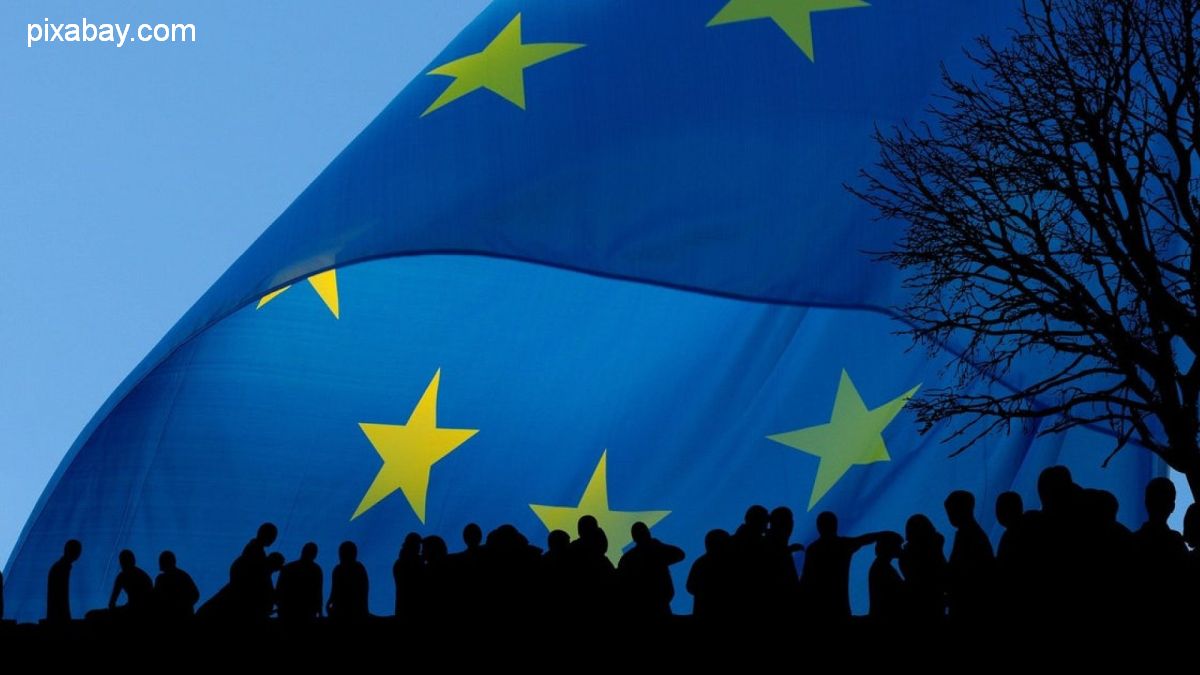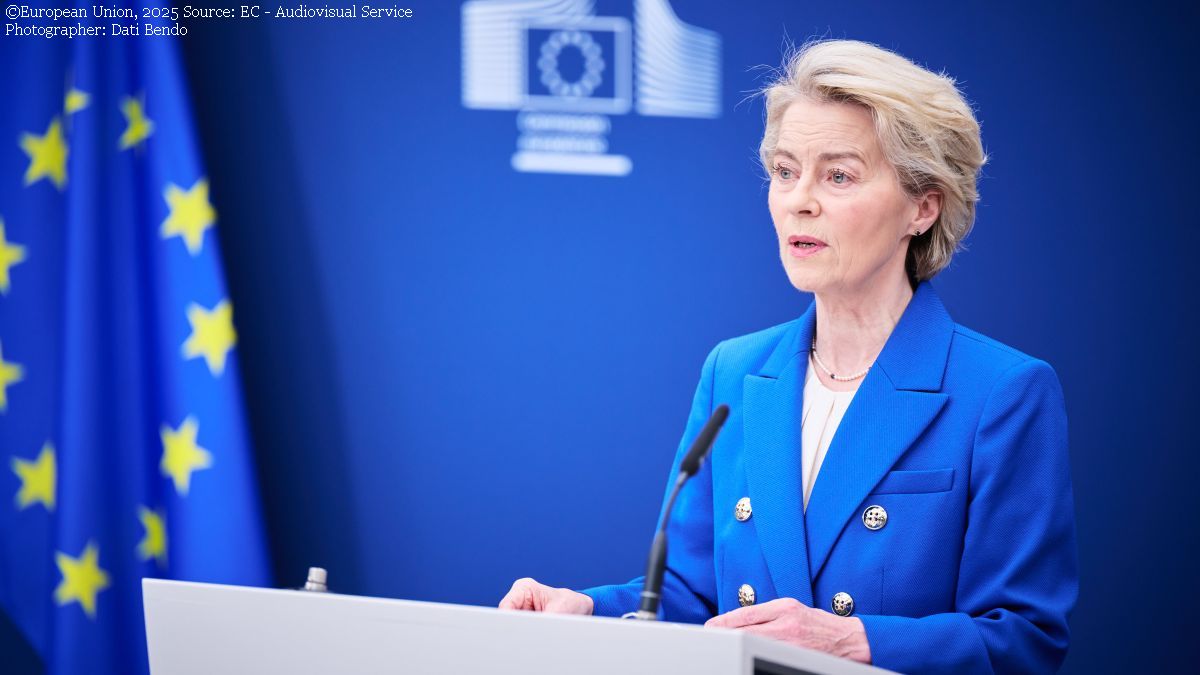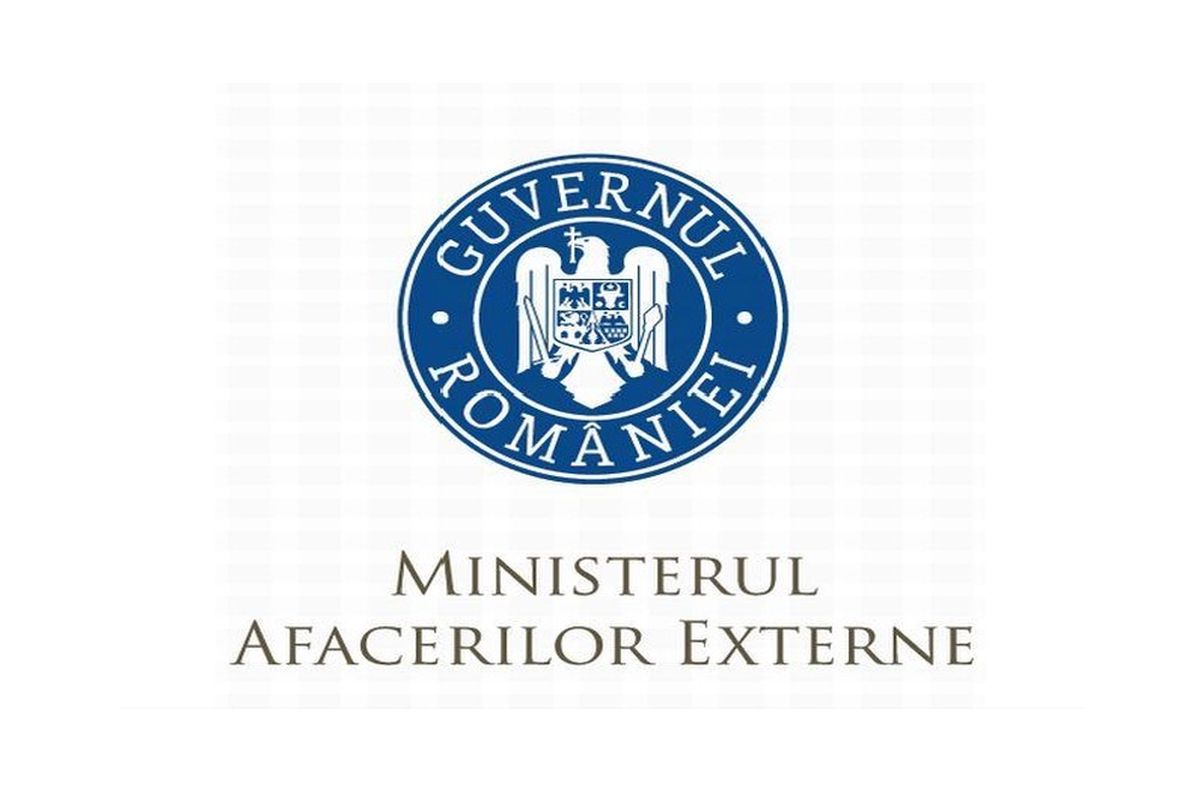Public prosecutors’ activity to be audited
In Bucharest, the Justice Minister announced he would order an independent audit of the General Prosecutors Office, the National Anti-Corruption Directorate and Directorate for the Investigation of Organised Crime and Terrorism.

Corina Cristea, 05.04.2017, 13:31
The Romanian Justice Minister Tudorel Toader says he will
order an independent audit of the Prosecutor’s Office with the High Court of
Cassation and Justice, the Anticorruption Directorate (DNA), and the
Directorate for the Investigation of Organised Crime and Terrorism (DIICOT) to
assess the prosecutors’ activity. The examination will look into the number of
cases each prosecutor is working on, the deadlines for solving them, the number
of cases brought to the attention of the European Court of Human Rights and the
number of people imprisoned unjustly.
The Minister’s decision to initiate an independent audit
comes shortly after the evaluation of the activity of Prosecutor General
Augustin Lazar and of anticorruption chief-prosecutor Laura Codruta Kovesi. The
decision to evaluate them was triggered by a recent ruling of the
Constitutional Court according to which the DNA overstepped its responsibilities when investigating the
issuing of a controversial decree relaxing anti-corruption criminal laws
by the government made up of the Social Democratic Party and the Alliance of
Liberals and Democrats. After the evaluation of the two chief prosecutors,
minister Tudorel Toader has explained that the Constitutional Court’s ruling,
according to which there is a conflict between the state powers, does not
involve penalties, so replacing the two chief prosecutors is not opportune. I
made that evaluation in keeping with article 132 of the Constitution, as I also
believed there was a problem, but I did not forget that Law 303 allows the
evaluation of prosecutors on merits. So I will order an independent audit not
only of the DNA and the Prosecutor General’s Office, but also of the DIICOT,
because all of Romania’s 2,650 prosecutors are employed by the Public Ministry.
It would be unfair to evaluate only some of them and not the others, the
minister said.
DIICOT chief-prosecutor Daniel Horodniceanu believes the
Justice Minister’s initiative is a natural move:
It’s natural for the Public Ministry to be treated as a
unitary structure. On the other hand, DIICOT has not been subject to
monitorisation under the Cooperation and Verification Mechanism or the previous
evaluation of the Justice Minister. However, if the Justice Minister wants to
evaluate the entire activity of the Public Ministry, then of course the DIICOT,
as one of the Public Ministry’s bodies, will also be evaluated alongside the
DNA and the Prosecutor’s Office with the High Court of Cassation and Justice
and their subordinated bodies.
Prime minister Sorin Grindeanu says his primary concern is
the functioning of the rule of law, and that for this to happen it is important
for the institutions to be strong and the institutional mechanisms to function
properly and be defined clearly, irrespective of who is at their helm.






























